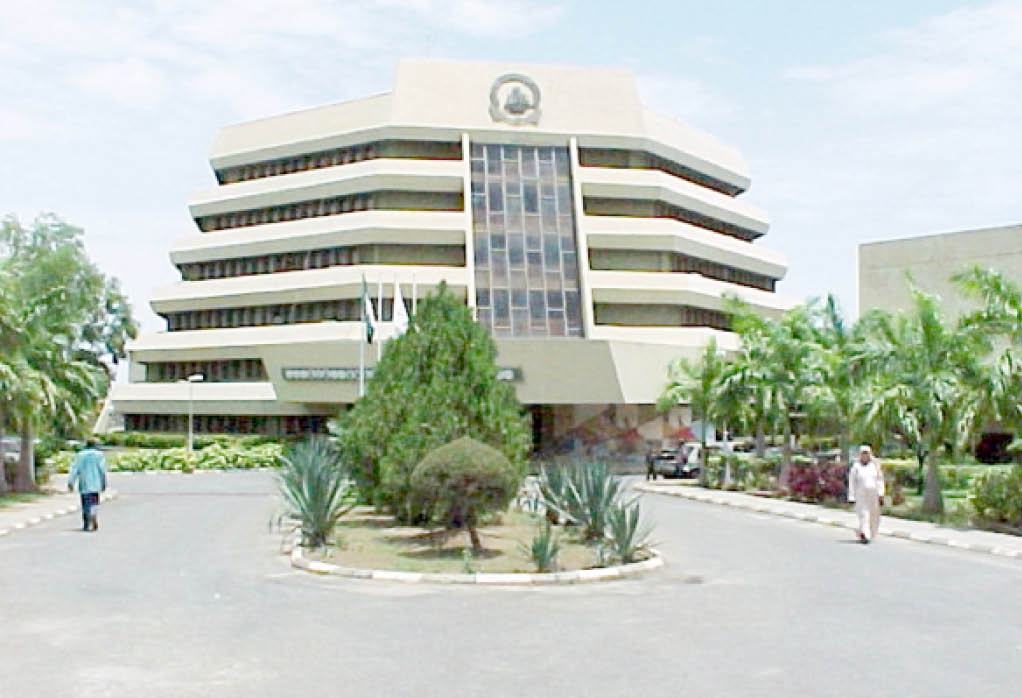As part of activities to mark its 60th anniversary, the National Universities Commission (NUC) recently unveiled a new Core Curriculum and Minimum Academic Standards (CCMAS) to replace the Benchmark Minimum Academic Standard (BMAS) used in Nigerian universities. While the CCMAS provides 70 per cent of core curriculum as minimum for all Nigerian universities, it allows universities to customise the curriculum by adding 30 per cent of courses to reflect their uniqueness, missions and peculiarities.
Speaking on the CCMAS at the event, NUC Executive Secretary, Professor Abubakar Rasheed, said the new curriculum structure will address knowledge and skill gaps within Nigeria’s economic and socio-cultural context. He said practical, rather than theoretical knowledge, and the development of the 21st century skills in accordance with contemporary global best practices necessitated a change of nomenclature from BMAS to CCMAS. To achieve this, NUC consequently announced the unbundling of some academic programmes.
Mass Communication programme, for instance, has been unbundled into Advertising, Broadcasting, Development Communication Studies, Film and Multimedia, Information and Media Studies, Journalism and Media Studies, Mass Communication, Public Relations and Strategic Communication.
Similarly, Landscape Architecture, Architectural Technology, Interior Architecture and Design, Architectural Technology and Naval Architecture are the new programmes under Architecture.
Over the years, the lack of sufficient practical skills by graduates of Nigerian tertiary institutions remained the bane of the manpower needed to drive the various sectors of the country’s economy. Everyday skills in every discipline should be complementary to the theoretical knowledge acquired in that area.
In the attempt, therefore, to provide vocational and apprentice training to students of tertiary institutions in the country, the Industrial Training Fund (ITF) was established in 1971. The Fund has not only raised training consciousness in the economy but has equally helped in producing skilled indigenous manpower needed to manage various sectors of national economy. The main thrust of ITF programmes and services is to stimulate human performance, improve productivity, and induce value-added production in commerce and industries.
As the problem of students graduating from tertiary institutions without appropriate skills for employment in Nigerian industries refused to abate, government in 1973 created the Students Industrial Work Experience Scheme (SIWES) under the ITF.
Prior to the establishment of SIWES, there was a rising concern and trend among industrialists that graduates from tertiary institutions lacked appropriate practical experience for employment. Students who entered Nigerian universities to study science and technology had little training in the practical aspects of their chosen fields. As a result of insufficient skills or experience, they often become unemployable.
SIWES, which is directly under the office of vice-chancellors, rectors or provosts as the case may be in Nigerian tertiary institutions, is designed to expose and prepare students of universities, polytechnics and colleges of education for the industrial work situation that awaits them after graduation.
Besides facilitating skills transfer from the classroom to workplaces, SIWES further aids the practical application of knowledge. SIWES allows students to become acquainted with and exposed to the experiences required in handling and operating equipment and machinery that may typically not be available in their institutions.
One requirement for the Bachelor of Engineering or Science award, for example, is that students must complete at least 24 weeks of Industrial Training. In most institutions, SIWES is done at the end of the 2nd semester examination of either 300, 400, or 500 levels. The time and duration are to be worked out jointly by each university, department, the SIWES unit, and the ITF.
Universities, worldwide, are founded to solve problems of the societies in which they exist. The introduction of 70:30 structure of varsity academic programmes which seeks to liberalise existing curriculum would not only increase and strengthen universities’ core mandate of finding solutions to specific but critical challenges confronting their respective host communities but will further allow them to provide essential foundations for skills acquisition in all their academic programmes. This will, no doubt, facilitate the nurturing of graduates that are highly skilled in their areas of study.
By extension, the successful implementation of the CCMAS will groom graduates to take full advantage of the federal government Start-Up initiatives; launching them into sustainable and prosperous entrepreneurial ventures.
Graduates’ self-employment within the context of Small-Scale Industrialization of Nigeria’s economy shall be guaranteed.
While we urge universities to fully key into NUC’s new CCMAS policy, we encourage the National Board for Technical Education (NBTE) and the National Commission for Colleges of Education (NCCE) to respectively realign their academic programmes to suit government push for knowledge that is accompanied with dexterities necessary for the application of theoretical knowledge.
We also call on the ITF to address administrative lapses in the payment of entitlements to students that partake in SIWES. The current practice where most students are not paid without explanations puts both students and their parents under intense economic pressures.
Equally important, ITF and NUC must also work together to expand and strengthen collaborations with industries and companies to accommodate the growing need of practical training as envisioned in the new curriculum. Nigeria has had enough of half-baked graduates from its universities and other tertiary institutions.

 Join Daily Trust WhatsApp Community For Quick Access To News and Happenings Around You.
Join Daily Trust WhatsApp Community For Quick Access To News and Happenings Around You.


